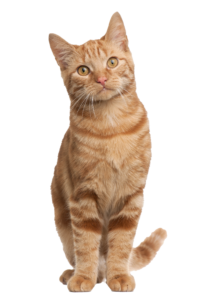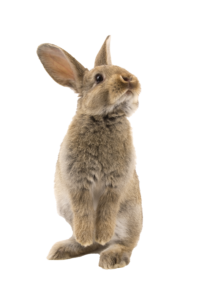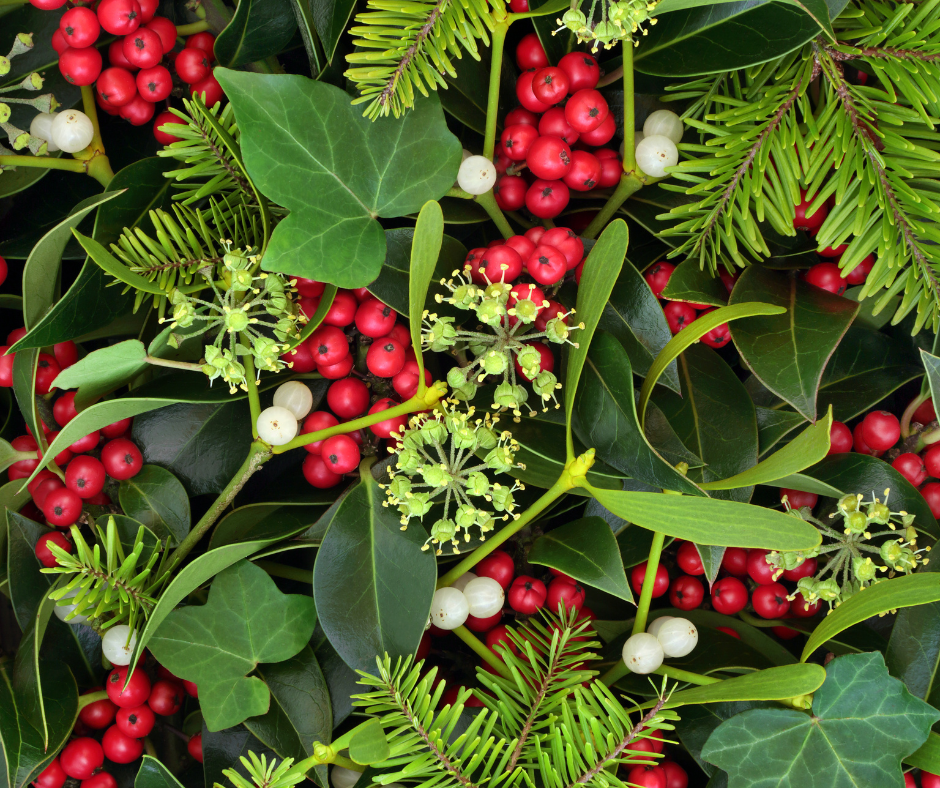Planning for Christmas can often involve decking out the house with some seasonal plants and traditional Christmas accoutrements. December is the one time of year when people are more likely to bring some of the outdoors in, with Christmas trees, poinsettia plants, holly and mistletoe everywhere you turn! Whilst they are more appealing than the artificial equivalents, many of these Christmas plants are toxic to pets!
Poinsettia
Poinsettia, with its attractive bright red leaves, is one of the most popular Christmas plants and is often given as a Christmas gift.
Although the toxicity of the Poinsettia has often been exaggerated, it can irritate the mouth and stomach if eaten it can lead to stomach upsets and gastrointestinal problems but these tend to be mild rather than severe. Poinsettia can also cause skin irritations if rubbed or touched, so by all means keep Poinsettia in the home but keep it out of reach for your pet.
Holly
The plant is considered to be of low toxicity, but ingestion of holly berries may result in a stomach upset.
Holly is considered to be poisonous to dogs but thanks to its bitter taste and sharp leaves, dogs are unlikely to eat it. However, it only takes a small quantity to be ingested to make your pet quite sick. Holly’s spikey leaves can also scratch your pet so keep it well out of reach.
Mistletoe
Many people have mistletoe within the home over the Christmas period in table centre pieces or wreaths. Pet owners should take special care when they have mistletoe in the house as it is highly toxic to pets if eaten and can lead to gastrointestinal upsets and breathing difficulties. If you do have mistletoe in the home keep it well out of reach of the dog and make sure that any shed berries do not land on the floor within your dog’s reach.
From our team to your family, enjoy your Christmas festivities and look after your pets!





